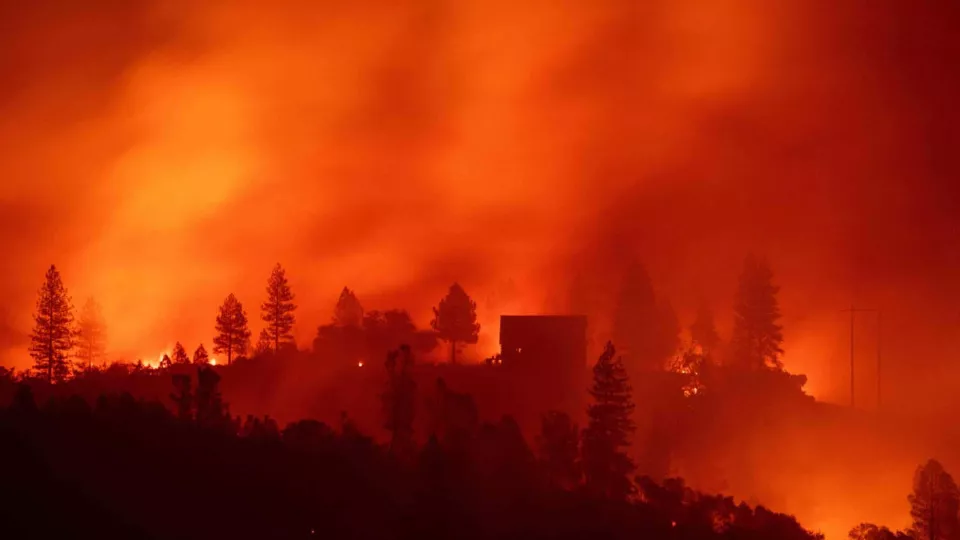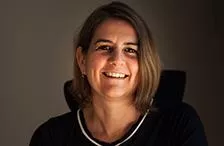She is leading the four yearlong project, Recasting the disproportionate impacts of climate change extremes, DICE. It looks specifically at the area of noneconomic loss and damage (L&D) caused by climate change and who it affects, how and why and at what scale.
– With the ambition to follow up on the Paris Agreement, and countries’ pledge to meet the SDG:s, we need to push research on loss and damage forward. To do that we need to first conceptualize loss and damage: how is it understood today and how does it relate to adaptation?
DICE will develop a global network of cases on loss and damage, as well as looking in depth at number of case studies in various places around the world.
– You need to look at both developing and developed countries since the changing nature of the climate problems mean that countries all over the world are now feeling the effects. How are different vulnerable communities reacting to extreme events, and what are emerging efforts to avert, minimize and address loss and damage, and from whom?
The ambition of DICE is to build capacity for the climate change research community to engage with research on loss and damage, and transformational challenges, specifically by delivering insights into the potential governance instruments for national engagement and how it differs from adaptation.
– By engaging with the research, and by highlighting human stories and experiences, we want to advance climate governance and actions for sustainable transformation, at all levels of society, she concludes.
About L&D, Loss and damage
Loss and Damage has been established under the United Nations Framework Convention on Climate Change in addition to adaptation and mitigation to address the impacts of both sudden and slow-onset events relating to climate change, including harm to people and ecosystems caused by floods, hurricanes, sea level rise and desertification in developed and developing countries alike.
Read more about Recasting the disproportionate impacts of climate change extremes, DICE.
The project is supported by the Swedish funding agency Formas.

